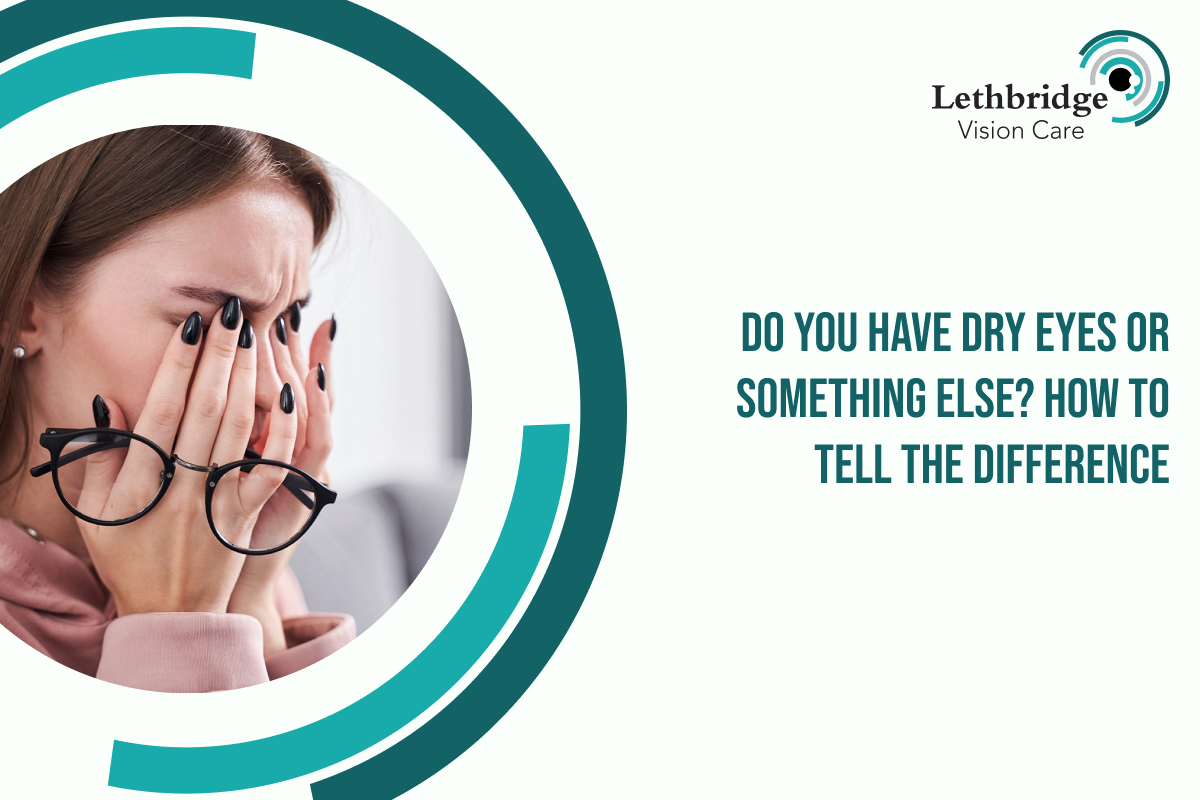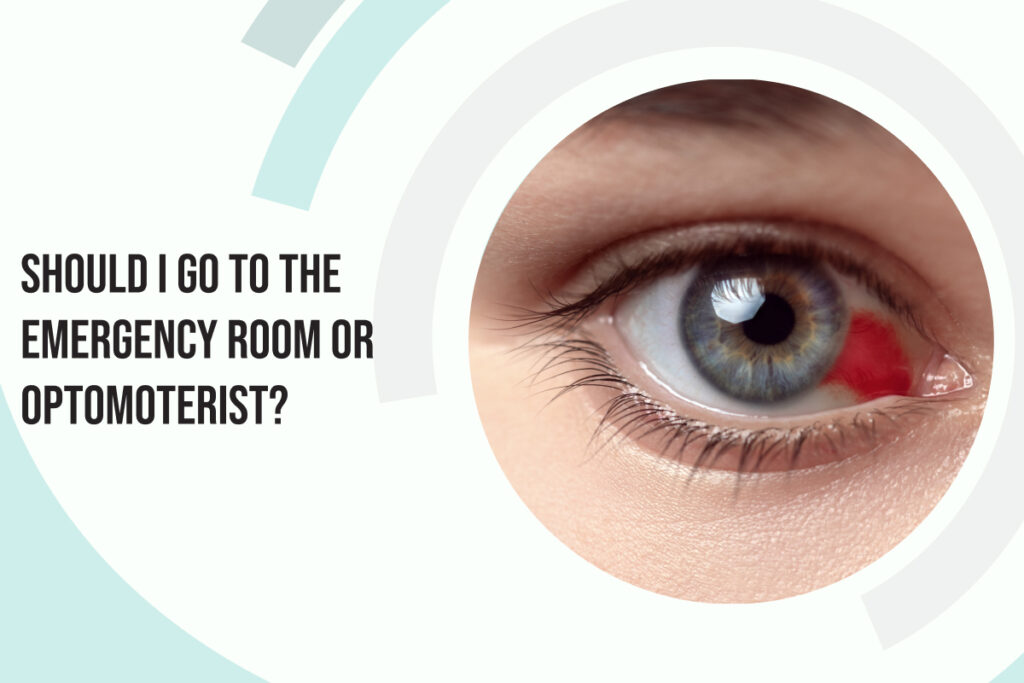Dry eyes can be uncomfortable and frustrating, but how can you tell if your symptoms are actually due to dry eyes or something else, like allergies or an eye infection? Many eye conditions share similar symptoms, making it essential to understand the differences to get the right treatment. Here’s a breakdown to help you distinguish between dry eyes and other common eye issues.
Symptoms of Dry Eyes
Dry eyes occur when your eyes don’t produce enough tears or the tears evaporate too quickly. Common symptoms include:
- A gritty or sandy sensation in the eyes.
- Redness without significant swelling.
- Sensitivity to light.
- Blurred vision that improves with blinking.
- Stinging or burning sensations.
These symptoms often worsen after prolonged screen time, reading, or exposure to dry air.
Could It Be Allergies?
Eye allergies, also known as allergic conjunctivitis, share some symptoms with dry eyes, but they usually have distinct triggers, like pollen, pet dander, or dust. Signs of allergies include:
- Intense itching.
- Puffy eyelids.
- Watery discharge.
- Sneezing or nasal congestion (often paired with eye symptoms).
Unlike dry eyes, allergies tend to cause itching as the primary symptom and often appear seasonally or after exposure to allergens.
Is It an Infection?
Eye infections, such as bacterial or viral conjunctivitis, can mimic dry eye symptoms but typically come with additional signs:
- Thick discharge, often yellow or green.
- Crusting around the eyelashes, especially upon waking.
- Swelling in the eyelids.
- Pain or sharp discomfort.
- Sensitivity to light that worsens over time.
Eye infections often require prompt medical treatment, especially if you notice discharge or significant pain.
How an Optometrist Can Help
If you’re unsure whether your symptoms are from dry eyes, allergies, or an infection, visiting an optometrist is the best step. At Lethbridge Vision Care, our experienced team can assess your symptoms, provide a comprehensive eye exam, and recommend tailored solutions.
We offer advanced screening techniques and treatments for dry eyes that may include artificial tears, prescription eye drops, or lifestyle recommendations. If another condition causes your symptoms, we’ll guide you toward the proper treatment, whether it’s managing allergies or addressing an infection.
If your symptoms include severe pain, sudden vision changes, or a significant discharge, contact us immediately for urgent care. Delaying treatment could lead to complications, so acting quickly is better.
Book an Appointment Today!
Don’t let eye discomfort disrupt your life. Whether you’re dealing with dry eyes, allergies, or another issue, Lethbridge Vision Care is here to help. Book your appointment today to get back to seeing and feeling your best!







